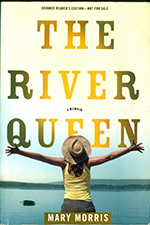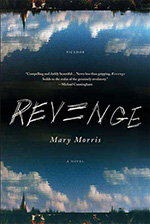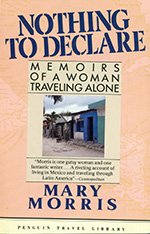

Last night I was on a plane back from Milwaukee, packed with cheeseheads (Packers fan) and Orothodox Jews. The Packers had just won and the Orthodox were traveling in large family groups, probably heading to New York for the holidays. I, of course, could not have known this when I book my flight and reserved my seat.
However, that morning, as I was printing out my boarding pass, I did what I always do. I checked the seating chart for the plane. I noticed that I was seated near the front, which I like, but that every seat in the first ten rows was taken. Towards the back there was plenty of room. A red flag went up. "Traveling sports team." "High School field trip."
Not knowing what lay ahead I immediately changed my seat to an empty row, albeit near the back, but one where I felt I had a fighting chance at some peace and quiet with which to work and maybe even a little room to spread out.
My seating needs, however, are always quite specific. An aisel on the right hand side of the plane facing the cockpit in the middle of coach. Why the specificity? Once when I was making this request, the ticket person asked me this same question. In fact, she said, sometimes other people asked for the aisel on the right hand side. Why is that? she wondered.
Because they're left handed, I explained. Left-handed people hate to bump other people. We need to protect our wings (ie. arms, not those of the plane type). As to the middle of coach. Have you ever sat near the bathrooms? Or the galley where the crew chats away all night?
Anyway last night as I approached the gate, I knew I'd made the right move. Dozens of Packers fans, many wearing spongey cheesehead hats were waiting to board. As were the Orthodox Jewish families (I feel it's all right to say this as I am Jewish, but I was very glad not to be sitting at the end of a row amidst a family of say, eight small children.
I was Zone 7, in the back, Row 22. Three seats all to myself and lots of room to grow.
My husband often thinks we are "lucky" when it comes to getting good seats on planes. "Boy, amazing how we got those bulkheads," he said on a trip to France as we traveled with two children. Amazing. I spent quite a bit of time on the phone actually with the airlines before this occurred.
Or he thinks I'm obsessed. Why do I fight so hard to get those two little seats on the side in the middle of coach? He stopped asking that question when once on a flight to Palermo we were in the middle of this time large Sicilian families who all wanted to sit next to one another but solved the problem by shouting across the rows to their family members throughout the flight.
Am I a little claustrophobic? Yes. I can't bear being trapped between two strangers or pressed against a window when I can't escape. And a little obsessive? That was well.
But am I more comfortable when I fly. Definitely. And my husband can attest to this too.
By the way a small travel tip: The Seat Guru is an actual website where you can see the configuration of any plane before you book your seats. I use it ALL the time!!!


























































